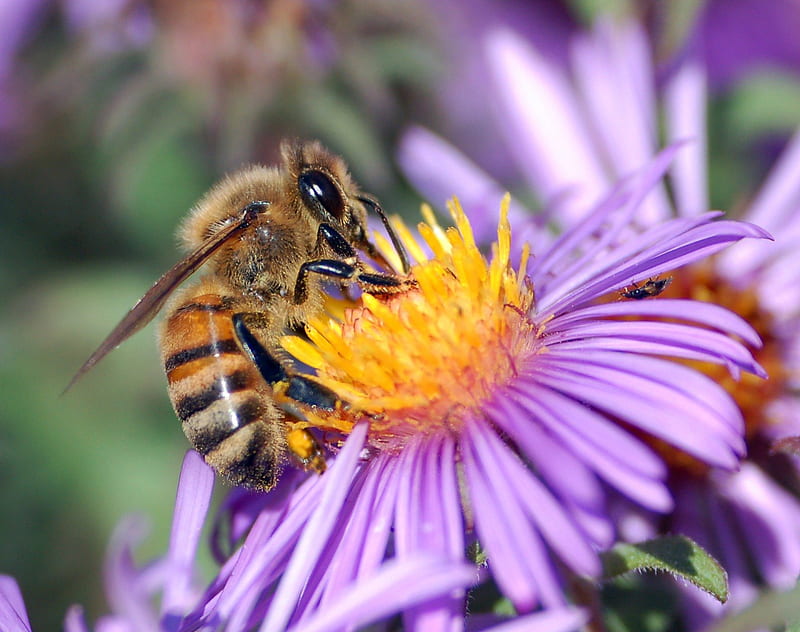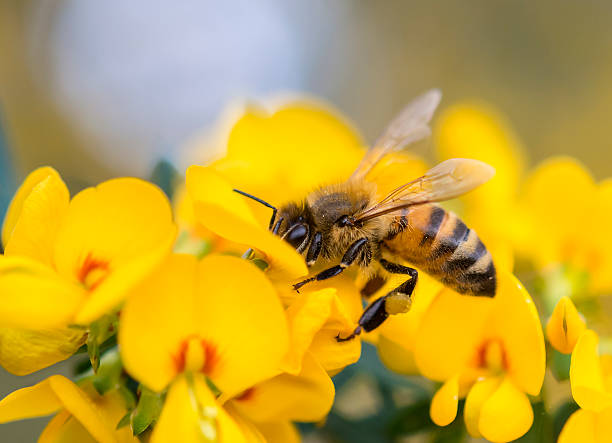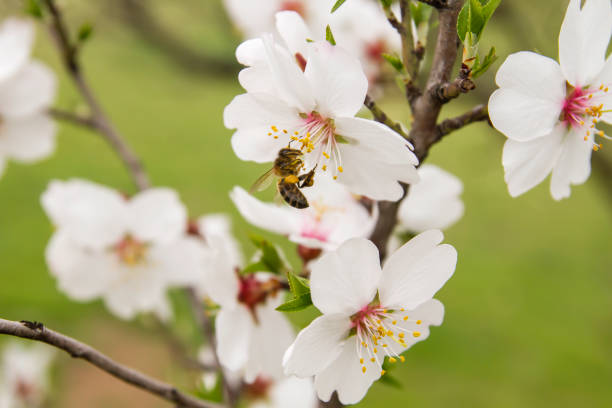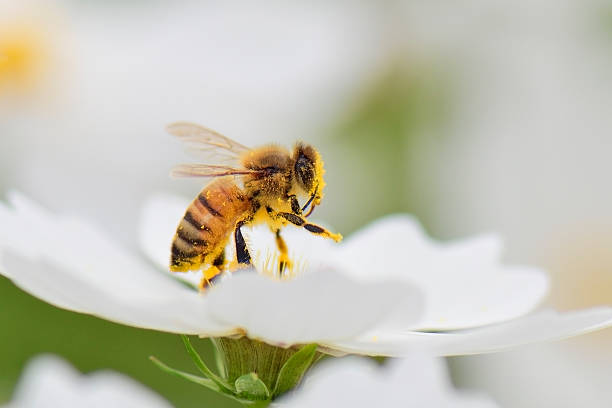AGROVERT FARMTECH
Transforming Agriculture & climate through technology
Pollinators play a crucial role in various sectors of agriculture. Scientists have identified approximately 200,000 to 350,000 different animal species that contribute to pollination, ranging from birds and bats to marsupials and monarch butterflies. However, when it comes to the majority of crops worldwide, bees are the primary pollinators.
The importance of pollinators in the food system cannot be overstated. Their value is immeasurable, yet recent studies suggest that it may be possible to quantify their economic impact. Each season, pollination by honey bees, native bees, and flies generates billions of dollars in economic value. It is estimated that between $235 and $577 billion worth of annual global food production relies on the contribution of these pollinators.
Managed honey bees are the most valuable pollinators in terms of agricultural economics. These hyper-efficient insects can provide pollination to virtually any crop. Almonds, for example, are almost entirely dependent upon honey bee pollination. Without honey bees, the harvest of blueberries, squash, watermelon, and other fruits & vegetables would be greatly reduced, driving up prices and disrupting the marketplace. According to the research estimates, one colony of honey bees is worth 100 times more to the community than to the beekeeper — meaning the value they deliver extends well beyond their actual price.
Given their significant impact on the economy, one cannot help but wonder:
ARE WE DOING ENOUGH TO SAFEGURAD BEES?

Happy bees ..... Healthier planet
Nearly three quarters of the plants responsible for producing 90% of the world's food rely on pollinators. Bees, in particular, play a crucial role in one third of the world's food production. This means that every third spoonful of food you consume has been made possible through the pollination efforts of bees. Additionally, bees produce honey, a nutritious substance rich in vitamins, minerals, and antioxidants that benefit our diets.
John Ward, representing the Isle of Man Beekeepers' Federation for UNESCO Biosphere Isle of Man, emphasizes the urgency of taking immediate action to address the decline of bees, which poses a critical threat. The current rates of species extinction, largely driven by human activities, are alarming and exceed normal levels by 100 to 1,000 times. In fact, approximately 35% of invertebrate pollinators, such as bees and butterflies, and around 17% of vertebrate pollinators, including bats, are at risk of extinction globally.
Mission: Solving global food insecurity
We are focussed towards addressing the pressing issue of global food insecurity. With a growing population and limited resources, traditional farming methods are no longer enough to meet the demand for food. Agrovert Farmtech aims to bridge this gap by using technology to make agriculture more efficient and sustainable.
Vision: Harnessing technology to fix agriculture & climate
Our vision is to use technology to revolutionize the agriculture industry and create a future where everyone has access to safe, nutritious, and sustainable food. We are determined to develop cutting-edge solutions that can improve crop yields, reduce waste, and promote environmental sustainability.
Albert Einstein once remarked that if bees were to disappear from the Earth, humanity would only have four years left to live. This statement underscores the vital importance of bees in maintaining our ecosystems and food supply. If the decline of bees continues unchecked, we may witness a concerning shift in crop diversity, with nutrient-rich foods being replaced by staple crops like rice, corn, and potatoes, leading to dietary imbalances.
Pollination is a fundamental process essential for the survival of our ecosystems. Nearly 90% of the world's wild flowering plant species and over 75% of the world's food crops rely entirely or partially on animal pollination, covering 35% of global agricultural land. Pollinators not only contribute directly to food security but also play a crucial role in preserving biodiversity.



